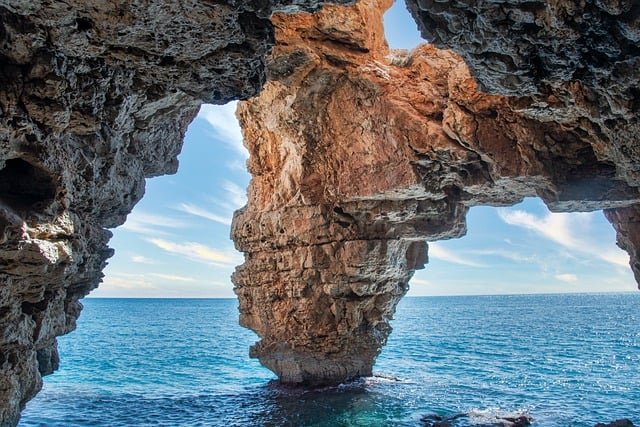Choosing the right wine cooler is essential for any enthusiast looking to preserve their collection’s integrity. This article explores the critical factors of temperature stability and humidity control, explaining their direct impact on wine’s aging potential and ultimate taste profile. Understanding these elements is the first step to perfect preservation.
The Critical Role of Temperature Stability
Consistent temperature is the single most important factor in wine storage. Fluctuations cause the liquid to expand and contract within the bottle, which can push the cork out slightly, breaking the seal and allowing oxygen to enter. This oxidation process rapidly deteriorates the wine, leading to spoiled flavors and a loss of aroma. The ideal storage range is between 45°F and 65°F (7°C and 18°C), with a sweet spot of 55°F (13°C) for long-term aging of reds. A dedicated wine cooler is designed to maintain this precise, vibration-free environment, something a standard refrigerator cannot achieve. The International Organisation of Vine and Wine (OIV) has published extensive guidelines, most recently updated in 2020, emphasizing that temperature consistency is paramount for preventing premature aging and chemical instability in wine.
Humidity Control and Protection from Light
While temperature is paramount, humidity plays a crucial supporting role. An environment that is too dry (below 50% relative humidity) can cause corks to shrink and become brittle over time, again compromising the seal and allowing air into the bottle. Conversely, excessive humidity can promote mold growth on labels and capsules, which, while not necessarily harming the wine itself, can damage its provenance and value. Furthermore, ultraviolet light from the sun or even indoor lighting can be detrimental, causing chemical reactions that create “light strike,” resulting in unpleasant, sulfurous aromas. High-quality wine coolers address both issues, often featuring UV-resistant glass doors and systems that maintain an optimal humidity level of around 70%. Investing in a proper wine storage unit is therefore an investment in protecting every aspect of your collection, from the liquid inside to the label outside.
In summary, proper wine preservation hinges on mastering a stable, cool temperature and maintaining adequate humidity while shielding bottles from light. By understanding and controlling these scientific principles, you can ensure your wine ages gracefully, developing the complex flavors intended by the winemaker. A dedicated wine cooler is the most reliable tool to achieve this perfect environment for your collection.
